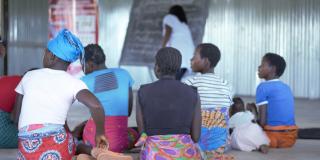
January 2020 to December 2025
Funded by Global Affairs Canada, the Empowering Adolescent Girls to Learn and Earn (EAGLE) project will reach 4,200 out-of-school girls, improving their literacy, numeracy, business, and life skills.
The issue facing girls in Mozambique
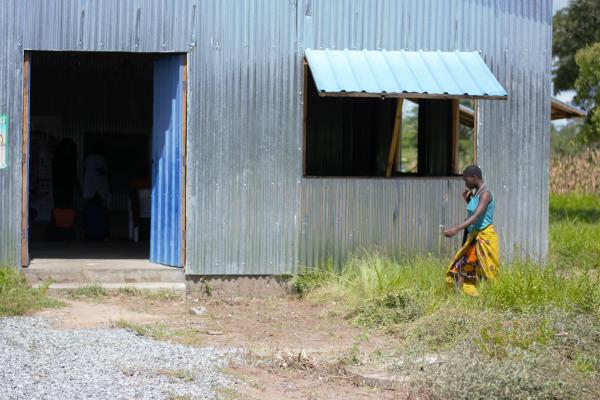
More than 60% of Mozambicans live below the poverty line, so for them marrying off their daughters can relieve the family of the burden of feeding another child. Food security is a big issue here.
Due to its position on the east coast of Africa, Mozambique is also extremely vulnerable to climate change. In March 2019, Cyclone Idai struck Mozambique, as well as Malawi and Zimbabwe, followed in April by Cyclone Kenneth. Some 250,000 people were displaced and 650 people killed. In 2022, including Tropical Storm Ana and Cyclone Gombe, the country has endured five tropical storms and cyclones. Gombe alone impacted 736,000 people.1
The education system in Mozambique does not offer a bright future for most girls. Many leave primary education unable to read or write, especially in rural areas.
So far
979 out-of-school girls have been enrolled in school.
440 boys and male relatives have been reached through the 20 men's groups created.
99% of the girls who took the National Literacy and Numeracy exams passed.
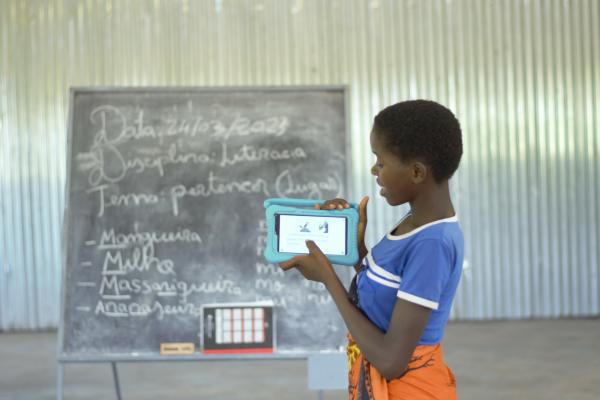
Empowering Adolescent Girls to Learn and Earn
The EAGLE programme will reach 4,200 out-of-school girls, improving their literacy, numeracy, business, and life skills. The EAGLE project is based in Manica and Sofala provinces, where poverty rates stand at 55% and 58% respectively.
We will focus particularly on those who are married with children, living with a disability, those affected by HIV and AIDS, and those living in rural areas hit by the cyclones.
The girls will take part in accelerated numeracy and literacy classes, and then take vocational classes that will set them onto the road to entrepreneurship or employment, enabling them to pull themselves out of poverty.
The project will also work with 5,600 male community members: husbands, fathers and brothers of the girls. The sessions will focus on supporting the girl’s businesses, gender and sexual and reproductive health issues.
How does EAGLE work?
Helping marginalised girls return to school
The project works to help girls through:
- Access accelerated literacy and numeracy classes that are age and disability appropriate;
- Attain basic literacy and numeracy to support the development of business, financial and life skills for income-generating activities.
- Gain community and peer support for their education.
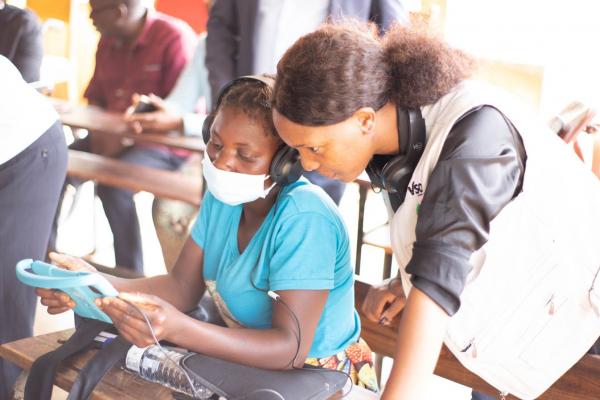
The EAGLE project aims to support marginalised girls who have had no previous schooling, dropped out of school, or failed to achieve basic numeracy and literacy skills in primary school.
These girls dropped out of school as a result of poverty and harmful cultural norms and have prioritised economic work and household and childcare responsibilities over education.
Girls forced into early marriage, or those who are pregnant or with children, are barred from regular day school as a result of existing policies.
Those with disabilities face social stigma and physical barriers integrating into schools and the community. Collectively, these girls have been out of school for a number of years and often have little external engagement with actors outside their communities to gain employment skills and generate income.
Through accelerated literacy and numeracy classes, girls develop the basic reading and writing skills that they need to benefit from income-generating opportunities. Alongside this, VSO supports young women to gain community backing for their education and economic empowerment.
This initiative works with local education organisations to establish mobile learning centres, as well as training teachers, protection committees, and local government coordination groups to support girls with the services and resources needed to take part in school successfully.
Engaging male peers
The EAGLE project aims to work with 5,600 male community members: husbands, fathers, and brothers of the girls. The sessions male peers take part in focus on supporting the girl’s businesses, gender, and sexual and reproductive health issues. Community volunteers aim to engage male peers in SRHR training, and teachers visit the homes of girls’ husbands and families to collaborate with them and teach them the importance of girls’ education.
Engaging community teachers and volunteers
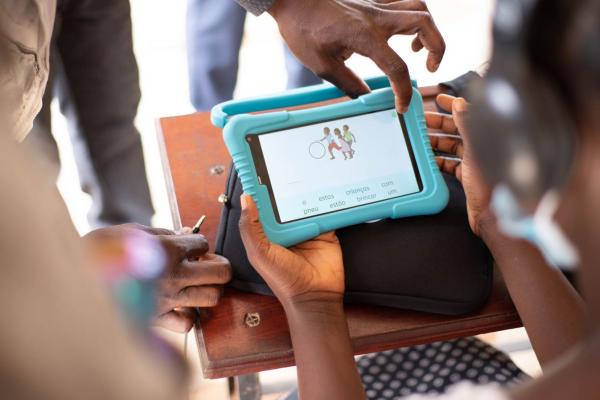
As part of the EAGLE project, volunteers provide girls with school kits which include exercise books, pens, and a tablet to support with digital learning. The tablets ensure girls can access learning remotely if unable to attend classes in person. The digital modules include both study and play zones to engage the girls in reading, writing and maths exercises, as well as stories, games, and quizzes. Having the tablets means girls can access learning modules remotely and can continue learning at home.
Community teachers support girls with their access to classes and are trained to support them with the digital literacy program too.
Once the girls are finished with their literacy classes, they then move onto vocational classes which set them on the road to entrepreneurship or employment, enabling them to pull themselves out of poverty and gain financial independence. Income generating activities include learning how to make sanitary pads. The pads are then bought by VSO, who then redistribute them to girls who need them.
The girls meet with community teachers once a week, who are there to motivate and empower them and keep them attending classes regularly. Community teachers and volunteers are also trained in teaching life skills, sexual reproductive health rights and gender-based violence prevention. As well as lessons in reading and writing, girls are taught about gender roles, what violence is in a relationship and what their rights are.
Volunteers have also distributed 1,000 phones in the two districts in Mozambique so women and girls can report cases of violence quickly, and to the right people.
Teaching of sexual and reproductive health rights
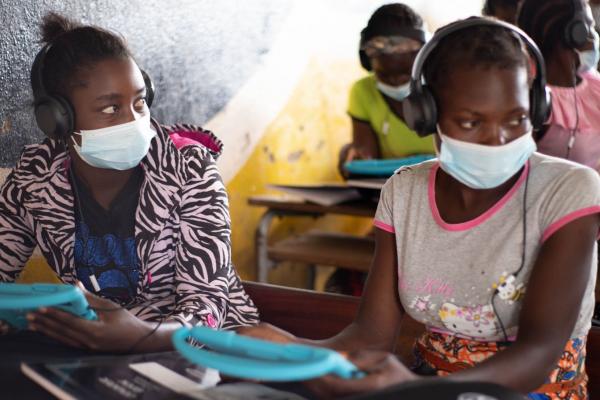
As part of their education on EAGLE, girls are also taught about their rights when it comes to GBV, as well as how to protect themselves from sexually transmitted diseases and unwanted pregnancy. These lessons are called ‘Life Skills’ and, as well as learning about how to make their own money, the curriculum also teaches them about:
Healthy relationships
- What is violence in a relationship?
- Understanding different types of violence
- Human Rights and Rights of the Child and reproductive sexual rights.
Sexual intercourse/knowing our bodies/understanding our bodies and emotions.
- My body is changing
- The Female Menstrual Cycle
- Reproduction and Pregnancy
Pregnancy prevention, planning and practicing safe sex.
- Unsafe abortion
- Abortion and Stigma
- Intro on HIV and HIV/AIDS
Building resilience against climate change
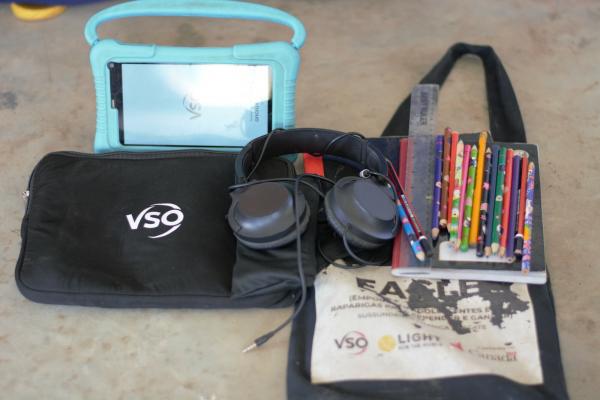
If girls are unable to read and write, they can’t engage in climate resilience. How can they sign up to learn more if they can’t write their names?
The literacy components of EAGLE are helping with engagement in climate resilience action plans, and how girls perceive climate change. The distribution of 1,000 tablets last year meant that girls can now engage in literacy and numeracy classes remotely, so when they aren’t able to access a classroom due to disruption from adverse weather, education isn’t paused.
The EAGLE project was designed after Idai destroyed a lot of Mozambique’s education infrastructure and part of its aim is to support infrastructure recovery. Informal classrooms used by EAGLE can still be disrupted by adverse weather, so VSO are looking to develop community safe spaces for girls’ education that can be used for lessons.
Mozambique's rainy seasons are November to March, so EAGLE, lessons usually take place from April to November/December to ensure learning can be continued and learning facilitators can support. During climate emergencies, schools are also transformed into displacement centres. EAGLE is planning on partnering with the ACTIVE project in Mozambique to make all this possible.
Mobile phones are also provided to girls, which give updates on weather patterns such as incoming cyclones (as well as being able to use them to report cases of violence in the home).
Case studies
How EAGLE turned Sara’s life around
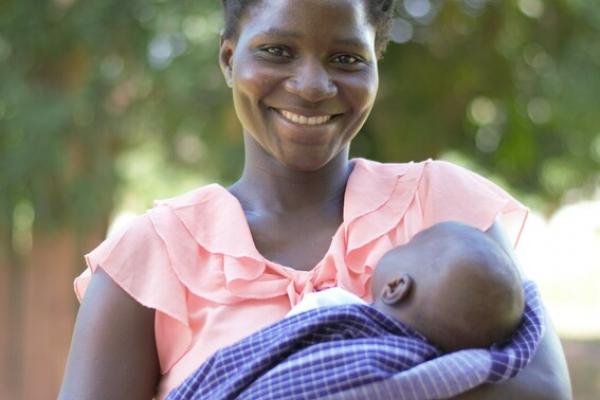
Sara (19) is a young mother and was already married by age 16. She had to drop out of school and focus on domestic duties at home and, after her husband abandoned her, she had to take on the care responsibilities for her child on her own. Sara’s parents couldn’t support with the costs for school. She had no chance of gaining independence and finding support for an education.
With the help from a community teacher, Sara was able to attend EAGLE classes and use the tablets to access reading, writing and maths modules. Joining the EAGLE project means Sara can learn about her rights as a woman, and the life skills modules empower her to think about the future she wants for herself and how to provide for her child. With EAGLE, Sara can learn how to make money and work, so she doesn’t need to rely on a partner for support.
Hagira’s volunteer journey
Hagira Hassan began volunteering on the EAGLE project in 2022 and is based in the Sussundenga district in the Manica province. Before she joined VSO, Hagira worked on several projects, teaching women and girls about sexual and reproductive health rights.
On the EAGLE project, Hagira works closely with girls aged 15-19 who have either dropped out of education due to pregnancy or early marriage, or were unable to access school due to costs or the impact of the cyclone. As a community teacher, Hagira received special training from VSO to gain an understanding of how best to engage girls in learning.
Hagira enjoys her work as a community teacher because of the experience she’s gained working with women and girls, but also getting to know the girls she’s teaching; they also teach her a lot too, and Hagira is well received by primary actors in the community.
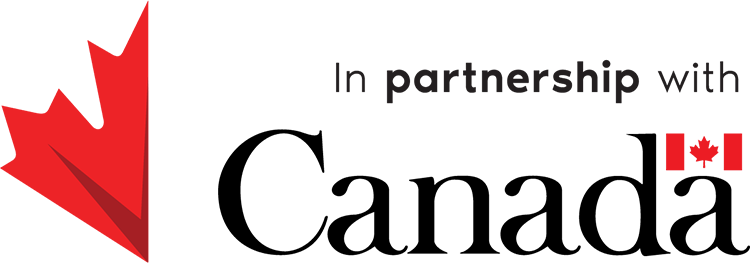
“We know that every girl has the right to education. It’s very good because our focus is on learning to read, write and count. That’s why it’s good to be a part of this project, the girls are learning and gaining advantages”
Related links
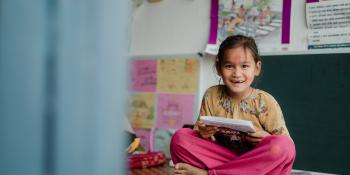
Inclusive education
Making sure everyone gets the skills they need to live a fulfilled, dignified life.
We helped almost 3.6 million people to access the quality education they deserve using our current strategy.
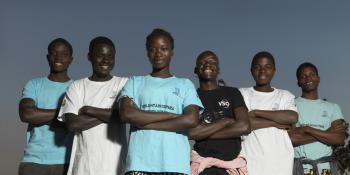
Mozambique
We've worked in Mozambique since 1998, building healthy communities and strengthening inclusive education systems.
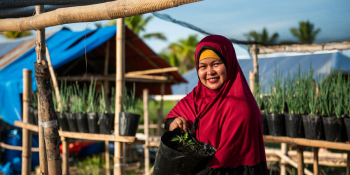
Our work
We fight inequality not by sending aid, but by working through volunteers and partners to create long-lasting change for some of the world’s most marginalized communities.
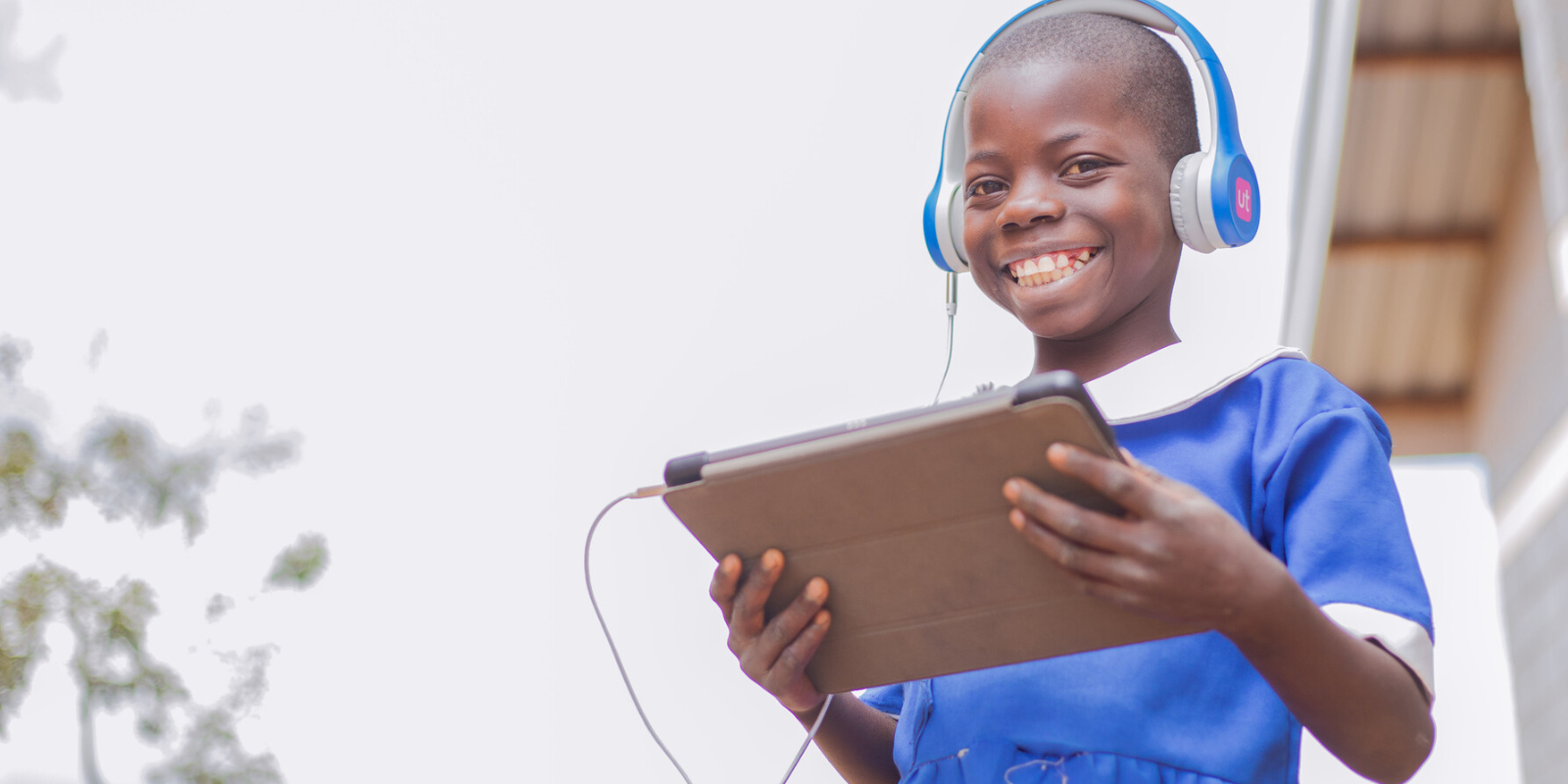
Support us with a donation
